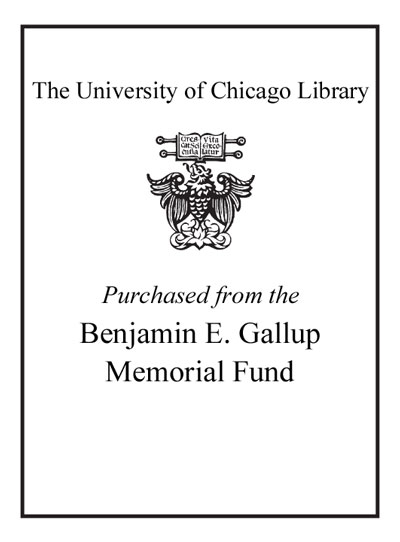Review by Choice Review
Thirteen essays written by a diverse group of historians, anthropologists, literary analysts, filmmakers, and legal experts grace this book, which examines the long-term impact of the Lewis and Clark expedition on US culture. Fresonke identifies the extent of the wide-ranging opinions on this subject, as he contrasts Stephen Ambrose's unapologetic worship of the Corps of Discovery with the opinions of New Left scholars, who emphasize the expedition's failures and its horrific consequences for Native Americans and the western environment. Three authors examine the contexts of publishing the expedition's journals and the medical techniques employed by the two captains while in the field. The second section, entitled "Legacies," analyzes the larger context of President Jefferson's Louisiana Purchase; relations with the Mandan, Hidatsa, and Arikara Indians; and the importance of a lesser-known oral account of the expedition by hunter and linguist George Shannon. The final two sections--alternately titled "Memories" and "New Perspectives"--offer the most novel contributions, mostly focusing on how Americans have viewed the expedition from the time of its centennial celebration in 1904 to the upcoming, larger celebrations of 2004-6. This miscellany of insightful, articulate, and well-documented essays will find a receptive audience among all levels of adult readers. ^BSumming Up: Recommended. All public and academic libraries. M. L. Tate University of Nebraska at Omaha
Copyright American Library Association, used with permission.
Review by Choice Review

